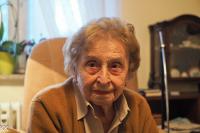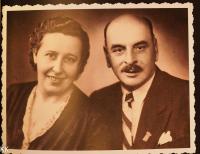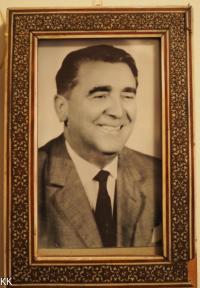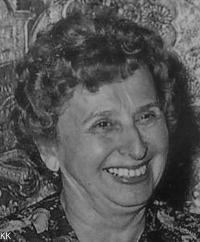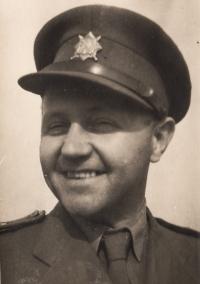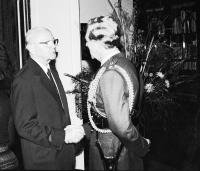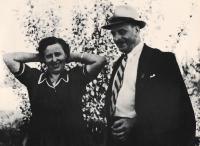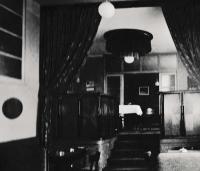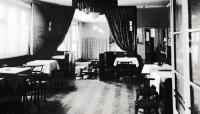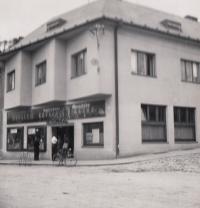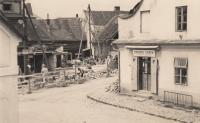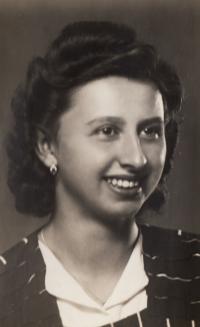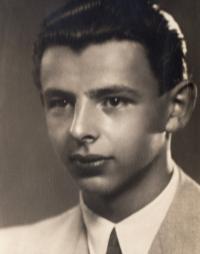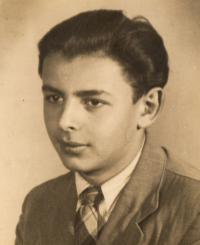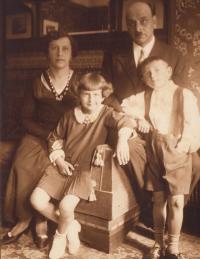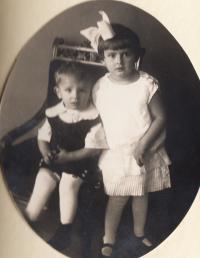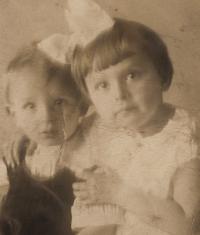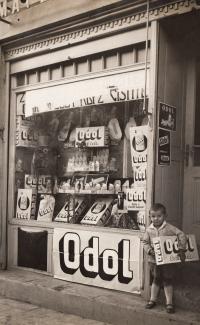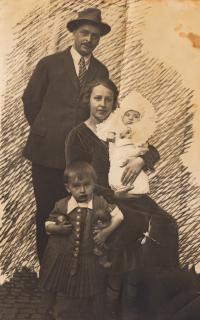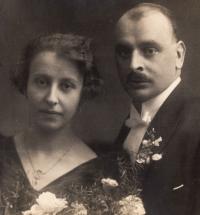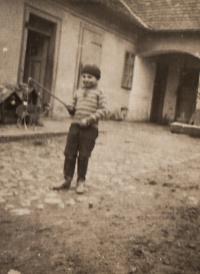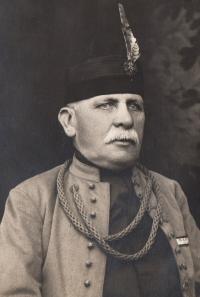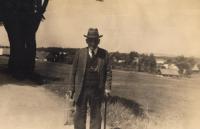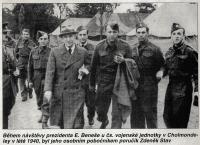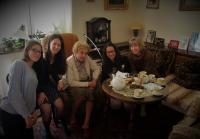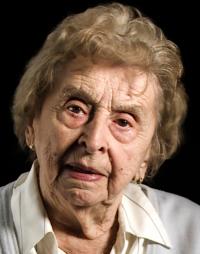I was very proud of both my men

Download image
Olga Stavová, née Bachtíková and married Bernklauová, was born on 5 April 1924 in Sezemice near Pardubice to husbands Bachtík. Her parents were self-employed and sent their daughter to study business academy in Pardubice. After graduation she was forced to labour go with other contemporaries. She was lucky and due to her qualification got a job in an office of a branch of an airway company Junkers in Dvův Králové. After was she moved to Prague, where she worked in Závod léčebné mechaniky. There she met an administrator of a Swedish company Josef Bernklau, who delivered steel for injection needles. In 1949 they married and soon after their son was born. For his participation in war in Svoboda´s army he was a part of the processes, a victim of which was also Tomáš Sedláček. Josef Bernklau was amongst the luckier ones; after a number of interrogations he was set free. Yet a few years later he ended up in prison anyway; in 1957 he was sentenced for „treasonous” anecdote for seven months that he served in Pankrác. In 1959 he died and a witness married his co-fighter and a friend Zdeněk Stav. The marriage did not last long; after four years Zdeněk Stav died of cancer. Olga Stavová would still meet the families of war veterans within the Czechoslovak Legionaries, but due to her age she cannot take part in social life as much as she did before.
